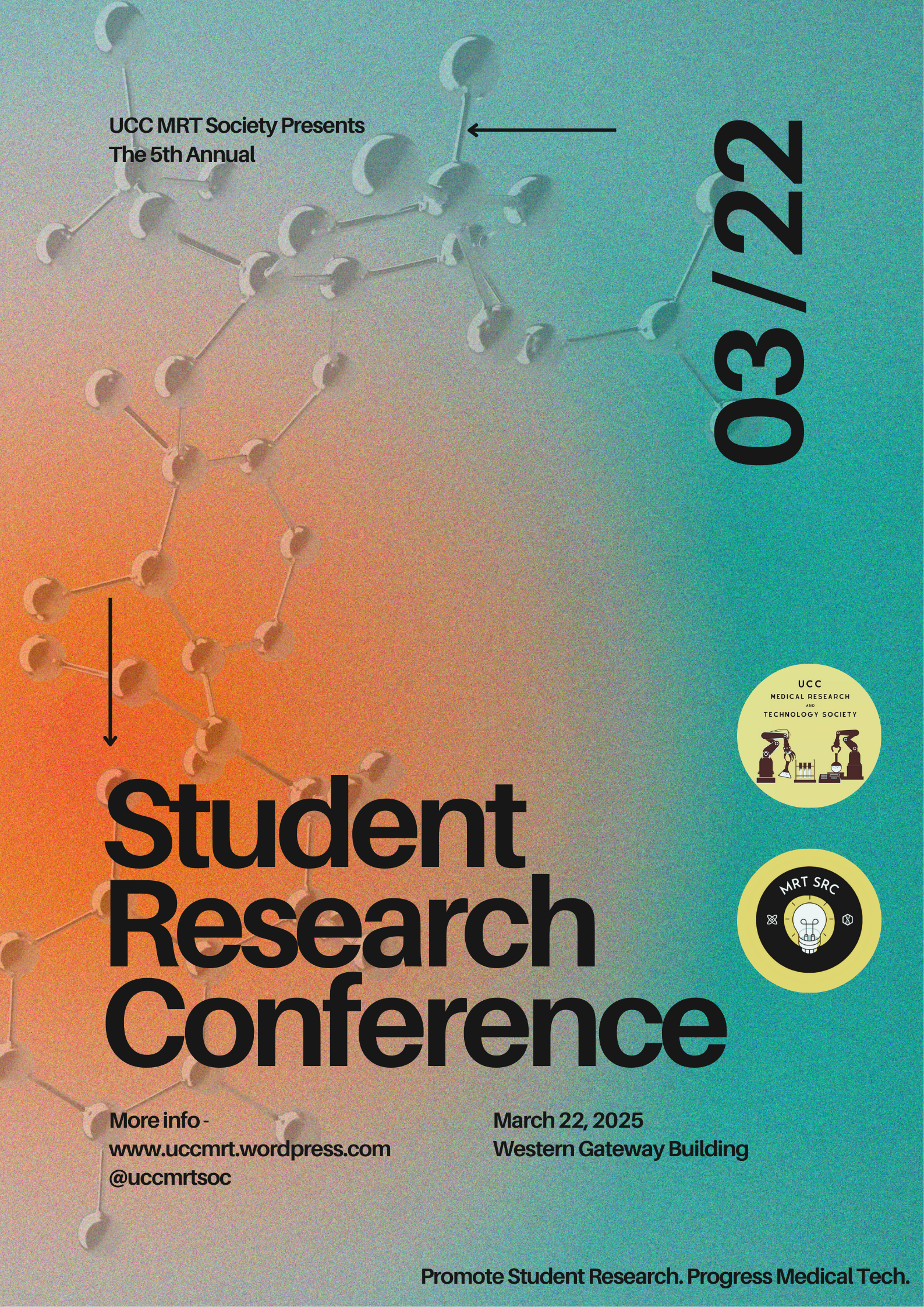Immunosuppression, a double-edged sword: sepsis, skin cancer risk, and potential Multiple Sclerosis stabilization
DOI:
https://doi.org/10.33178/SMJ.2025.1.43Abstract
Background: Immunosuppression remains an essential component in post-transplant care but carries significant risks, including infection and malignancy. However, post-transplant immunosuppressants may have a role in stabilising multiple sclerosis (MS), despite not being first-line therapy.
Case Presentation: A 65-year-old female with a history of autosomal dominant polycystic kidney disease and associated polycystic liver disease underwent a deceased-donor renal transplant in 1998. Her long-term maintenance immunosuppressive regimen included tacrolimus, low-dose prednisolone, and azathioprine (discontinued in 2024). She was diagnosed with MS in 1990. In July 2024, she was hospitalised for sepsis, with an enhancing hepatic cyst being the presumed source. Blood cultures grew Enterococcus faecium, which was treated with IV vancomycin. This occured on the background of recurrent gram-negative bacteraemias and non-melanoma skin cancers since 2020. These complications were attributed to long-term immunosuppression. Nonetheless, her MS has remained clinically stable for over 20 years. She reported no relapses or neurological deficits, and an MRI in September 2024 showed no new demyelinating lesions.
Discussion: This case highlights the double-edged nature of immunosuppressive therapy. While tacrolimus and azathioprine are associated with increased risk of infections and malignancies, particularly skin cancers, they may also modulate autoimmune neuroinflammation. Although evidence for tacrolimus use in MS treatment remains limited, some studies suggest possible neuroprotective effects. Conversely, while azathioprine has shown potential benefits in relapse reduction in controlled trials, further research is needed to establish its full utility in MS management. Short-term high-dose prednisolone is effective in acute exacerbations but lacks evidence for long-term MS stabilisation.
Conclusion: This is a unique case of long-term immunosuppressants resulting in recurrent severe infections and malignancies, yet coinciding with sustained MS stabilisation. This raises the hypothesis that certain non-first-line agents may contribute to MS modulation, warranting further investigation.
References

Downloads
Published
Issue
Section
Categories
License
Copyright (c) 2025 Mihika Mull, Ileesha Singh

This work is licensed under a Creative Commons Attribution-NonCommercial 4.0 International License.









